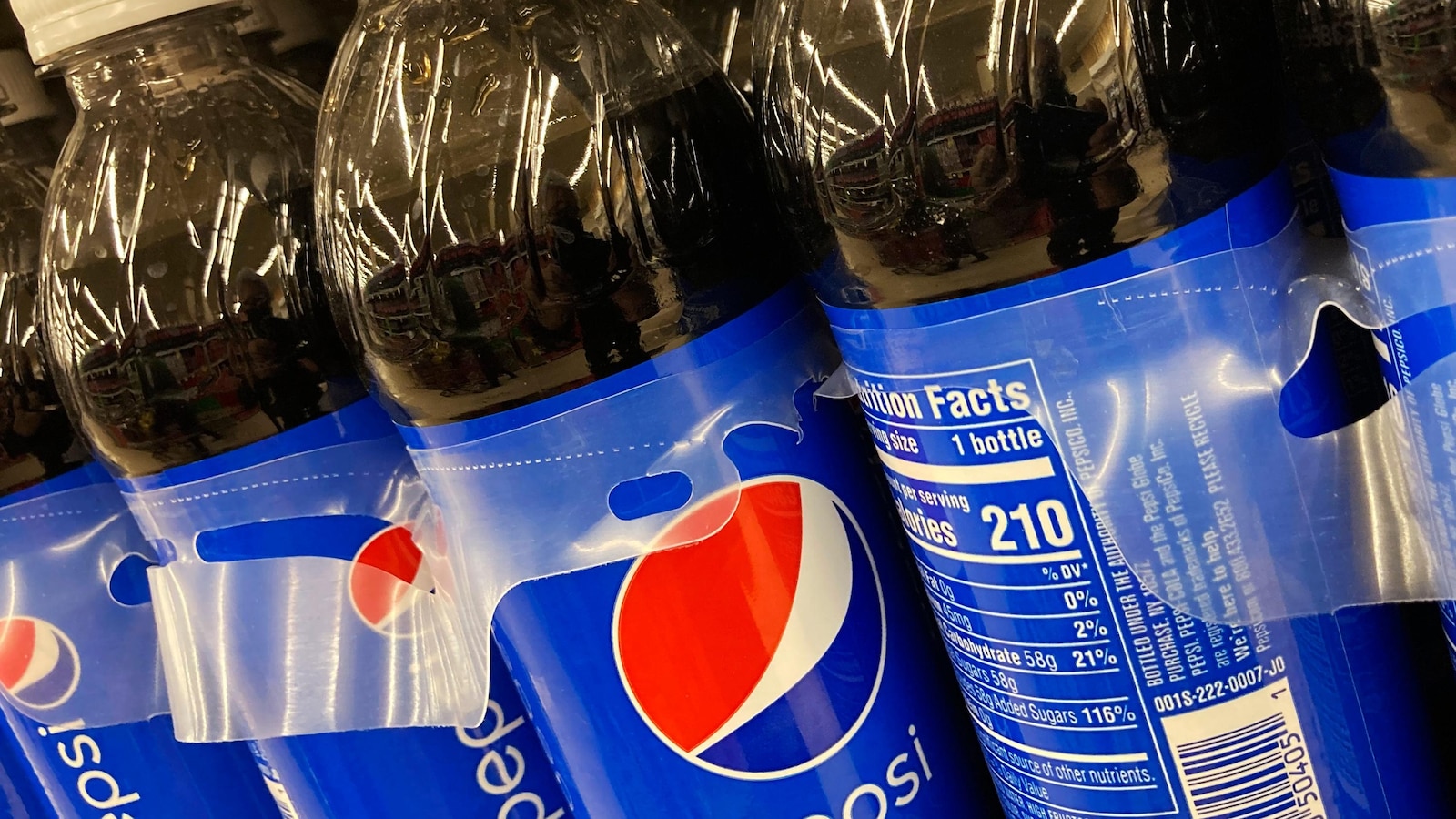County Supervisor Lindsey Horvath emphasized the need for accountability, stating, “Coca-Cola and Pepsi need to stop the deception and take responsibility for the problems of plastic pollution caused by their products.” The lawsuit claims that both companies have engaged in deceptive and unfair business practices by promoting single-use plastic bottles as recyclable and less harmful to the environment.
According to the global environmental group Break Free From Plastic, PepsiCo and Coca-Cola have consistently ranked as the top plastic polluters for the past five years, with Coca-Cola holding the top spot for six consecutive years. PepsiCo produces approximately 2.5 million metric tons of plastic annually, while Coca-Cola’s production is even higher at around 3.224 million metric tons.
The lawsuit alleges that Coca-Cola and PepsiCo have waged a “disinformation campaign” to convince consumers that their plastic products are recyclable, thereby encouraging the purchase of single-use plastics. Despite promises of creating a “circular economy” for plastic bottles, the complaint argues that these bottles can often only be recycled once, if at all.
In response to the allegations, the American Beverage Association, which represents both companies, has firmly denied the claims related to their recycling labels. Spokesperson William Dermody stated, “The claim that our packaging is not recyclable and won’t be recycled is simply untrue.” He cited a recycling rate of 71% for bottles in California in 2023, one of the highest in the country, and noted that their bottles are designed for recycling and may contain up to 100% recycled plastic.
The lawsuit highlights alarming statistics about plastic waste in California, noting that an estimated 121,324 to 179,656 tons of plastic debris leaked into the state’s land and waterways in 2022. Moreover, seven of the top ten items found as litter on beaches are made from plastic, underscoring the severity of the pollution crisis.
A significant concern addressed in the lawsuit is the issue of microplastics, which are tiny plastic particles that can adversely affect soil, plant growth, marine life, and potentially human health. Research from Australian scientists in 2019 estimated that individuals consume about 5 grams of plastic weekly through common food and beverages, raising fears that microplastics may be linked to various health issues, including heart disease, Alzheimer’s, and other disorders.
The lawsuit seeks to halt the companies’ “unfair and misleading business practices,” provide restitution to consumers, and impose civil penalties of up to $2,500 for each violation. This legal action follows previous efforts by environmental groups, such as a 2020 lawsuit against Coca-Cola, PepsiCo, and other companies, demanding accountability for plastic waste cleanup.
Moreover, New York state has also pursued legal action against PepsiCo over its role in contributing to plastic waste in the Buffalo River, which feeds into Lake Erie and serves as a drinking water source for Buffalo residents. However, a judge dismissed the case, stating there was no failure to warn the public about the dangers of plastic, nor was there sufficient grounds to penalize the companies for third-party littering actions.
As communities grapple with the growing challenges of plastic pollution, the outcome of this lawsuit may have significant implications for corporate accountability and environmental protection efforts moving forward.


